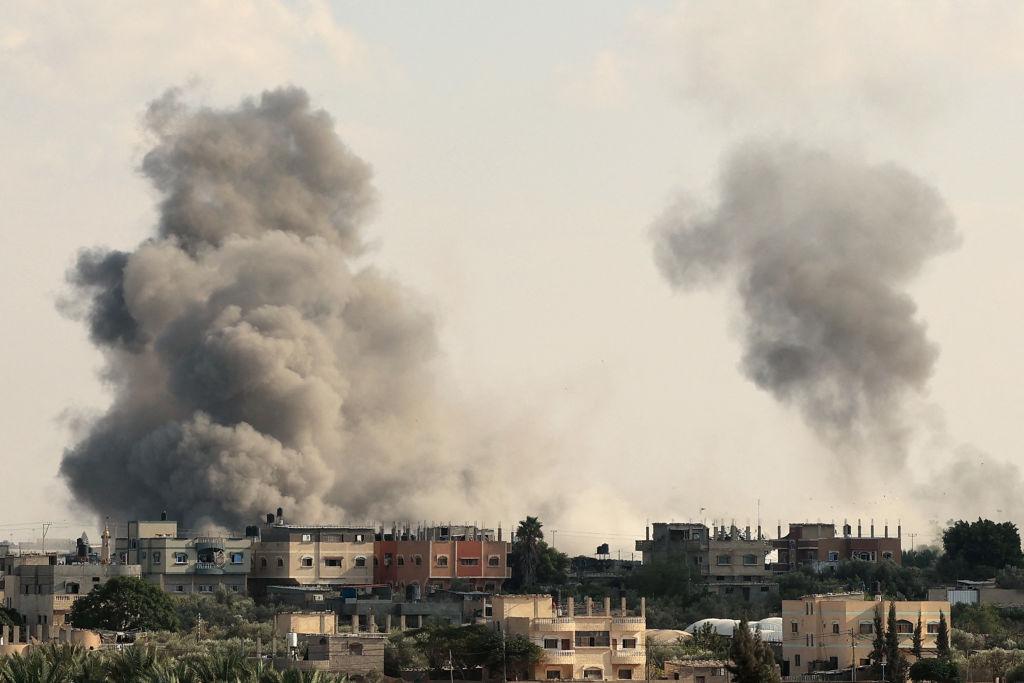Cairo has reiterated calls for a ceasefire between Israel and Gaza-based terrorist groups, days after a cross-border raid by the latter that left hundreds of Israelis dead.
Cairo is in contact with both sides of the conflict in hopes of “containing the crisis and mitigating the humanitarian impact on civilians in Gaza,” according to Egyptian Foreign Minister Sameh Shoukry.





